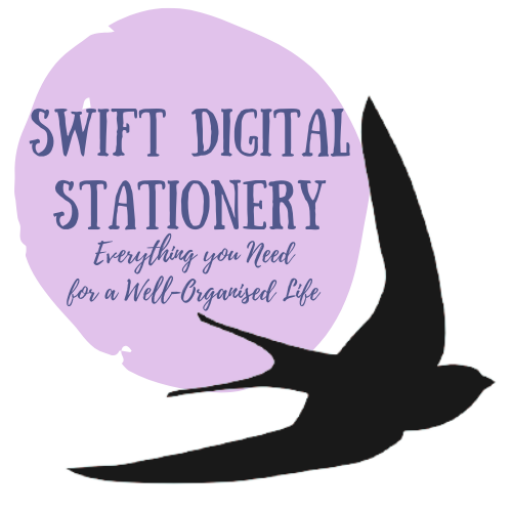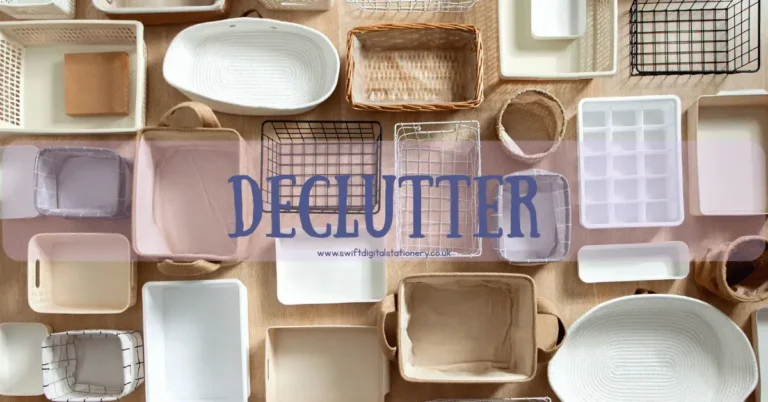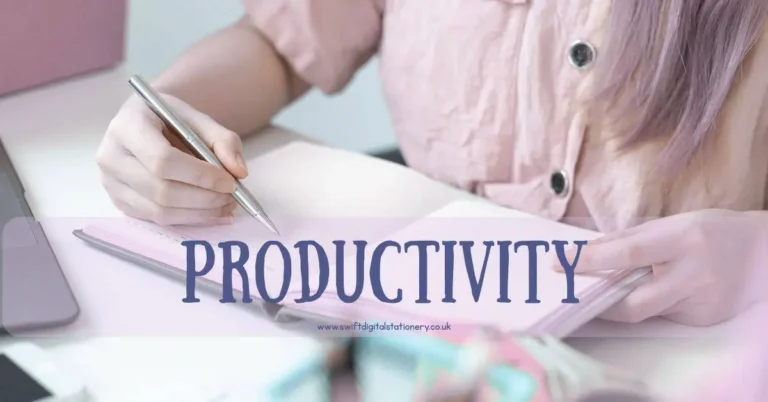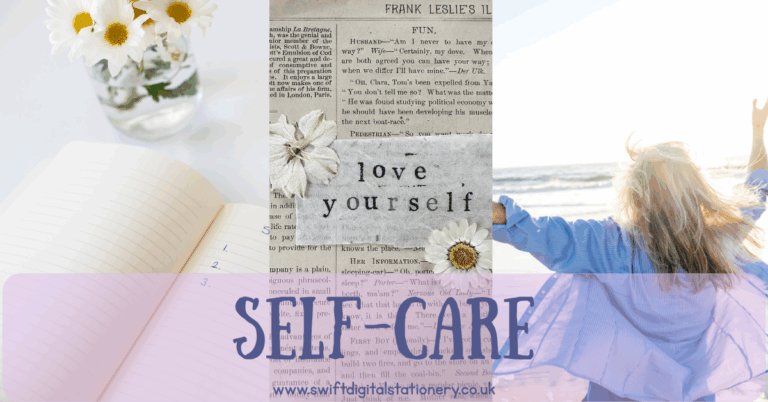Creating Gentle Systems to Support Well-Being in the New Year
Gentle systems focus on consistency, sustainability, and kindness to yourself. The new year often comes with a surge of ambition. We set big goals, full of excitement about the possibilities ahead. But what happens when the initial momentum fades and life gets busy? Too often, we abandon those goals, feeling overwhelmed or burned out. Instead of chasing perfection, consider a gentler approach—building systems that align with your well-being. Let’s explore how to create and maintain these systems for a healthier, happier year.
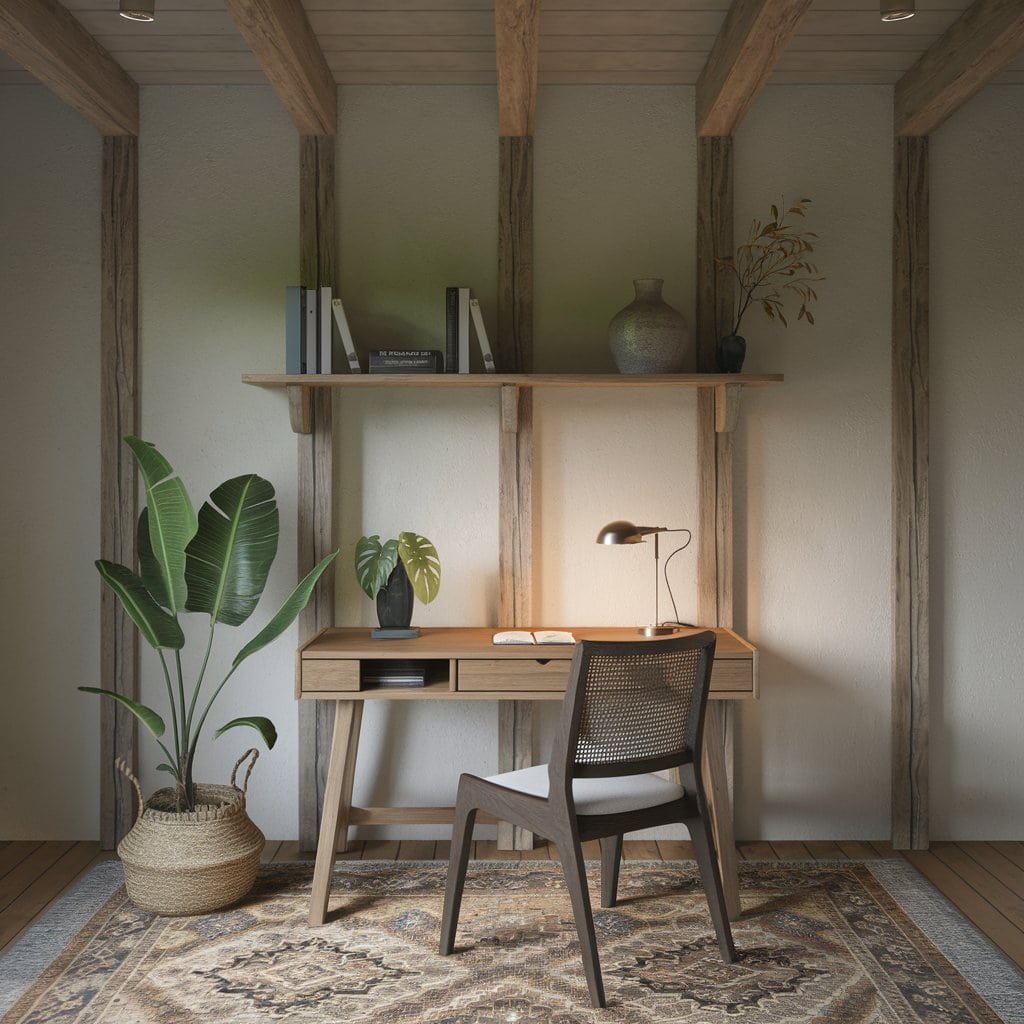
Understanding Gentle Systems
Gentle systems are routines or habits designed to support your well-being without adding stress. Unlike rigid schedules or strict rules, these systems are flexible and forgiving. They adapt to your energy levels, priorities, and daily life, making it easier to stick with them.
Think of gentle systems as the scaffolding that guides you toward your goals. They’re not one-size-fits-all. Instead, they’re tailored to your needs and values. Whether it’s a daily rhythm that helps you stay grounded or small adjustments to an existing routine, gentle systems make change feel manageable.
The Benefits of Gentle Systems
Why focus on gentle systems instead of more intense approaches? Here are some key benefits:
- Lower Stress Levels: Strict plans can feel suffocating, but gentle systems leave room to breathe. This reduces feelings of overwhelm.
- Improved Mental Clarity: With manageable routines in place, decision-making becomes easier, freeing up mental energy.
- Sustainable Habits: Quick fixes may burn out fast, but gentle systems are designed for the long haul.
- Higher Success Rates: When you’re not battling burnout, it’s much easier to stick with your goals.
These benefits highlight the power of meeting yourself where you are and growing from there.
Examples of Gentle Systems
So what do gentle systems look like in action? Here are a few simple examples:
- Morning Routines: Start your day with a few grounding activities, like stretching, journaling, or sipping tea mindfully.
- Meal Prep: Plan meals with flexible options rather than rigid menus. Prepping ahead saves time while allowing for variety.
- Activity Schedules: Opt for movement that feels good rather than punishing workouts. Walk, dance, or stretch—whatever suits your mood.
Each example creates a framework for well-being that’s supportive rather than restrictive.
Creating Your Personal Gentle System
Crafting a system that works for you takes some reflection and thoughtful planning. Here’s how you can get started:
Assessing Your Current Habits
Take a look at your daily routines. What’s working? What feels like a struggle?
Write down the habits that drain you or feel unsustainable. Then, list the habits that energize or support you. This step will help you identify where gentle systems can have the biggest impact.
Some questions to consider:
- Do I often skip meals or turn to convenience food?
- Is my morning chaotic or calming?
- Does my current exercise routine feel enjoyable or like a chore?
Be honest, and avoid self-criticism. This is about discovering what serves you best.
Setting Realistic Goals
Next, set goals that match your values and priorities. Focus on what truly matters to you, not what others expect. It’s better to aim for small, achievable steps than to overreach and risk burnout.
For instance, instead of saying, “I’ll exercise daily for an hour,” try, “I’ll move my body three times a week in a way I enjoy.”
Remember, progress is progress, no matter how small.

Implementing Change Gradually
It’s tempting to overhaul your life all at once, but small changes are easier to sustain. Pick one area to focus on first, and add new habits slowly.
For example, if you want better mornings, start by drinking a glass of water first thing. Once that becomes routine, add another habit like stretching for five minutes.
By stacking small wins, you build momentum without feeling overwhelmed.
Maintaining Your Gentle System Throughout the Year
Consistency is key, but that doesn’t mean perfection. Life is full of unpredictable moments, so flexibility and reflection are essential to keep your system working.
Regular Check-Ins
Schedule a time to evaluate your progress, such as monthly or quarterly. Ask yourself:
- Is this system still supporting my well-being?
- Are there parts of the system I’ve outgrown?
- What adjustments would make it even better?
These check-ins allow you to celebrate successes and tweak what’s not working.
Staying Flexible and Adaptable
No system works perfectly forever. Life changes, and your needs will too. Be willing to adjust your routines without guilt or frustration.
Feeling under the weather? Rest instead of pushing through your usual routine. Swamped at work? Simplify your meals rather than skipping them entirely.
The key is to stay kind to yourself and adapt as you go.
Incorporating Mindfulness into Your Gentle System
Mindfulness enhances any gentle system by keeping you present and connected to your needs. Adding mindful elements doesn’t have to be complicated.
Mindful Moments Throughout the Day
Pause for brief, intentional moments to reset your mind and body. Some ideas include:
- Taking five deep breaths before starting work.
- Practicing gratitude while brushing your teeth.
- Noticing the taste, texture, and smell of your meals.
These moments aren’t about doing more—they’re about doing less, with awareness.
Creating a Mindful Environment
Your physical surroundings can support mindfulness too. Simple changes might include:
- Keeping clutter to a minimum in spaces where you relax.
- Adding soothing elements, like candles, soft lighting, or plants.
- Dedicate a corner for activities like reading, meditating, or journaling.
A calm environment can have a powerful impact on your mental and emotional well-being.
Conclusion
As the new year unfolds, consider swapping strict resolutions for gentle systems. These adaptable structures make it easier to prioritize self-care, build healthy habits, and find balance. By starting small, staying flexible, and incorporating mindfulness, you’ll create a foundation for long-term well-being. This approach isn’t just kinder—it’s more effective. So take a deep breath, reflect on your needs, and start building your own gentle systems today. Your future self will thank you.
Don’t forget to take a look at your daily routines
Here is a post for you to get more information on gentle productivity
